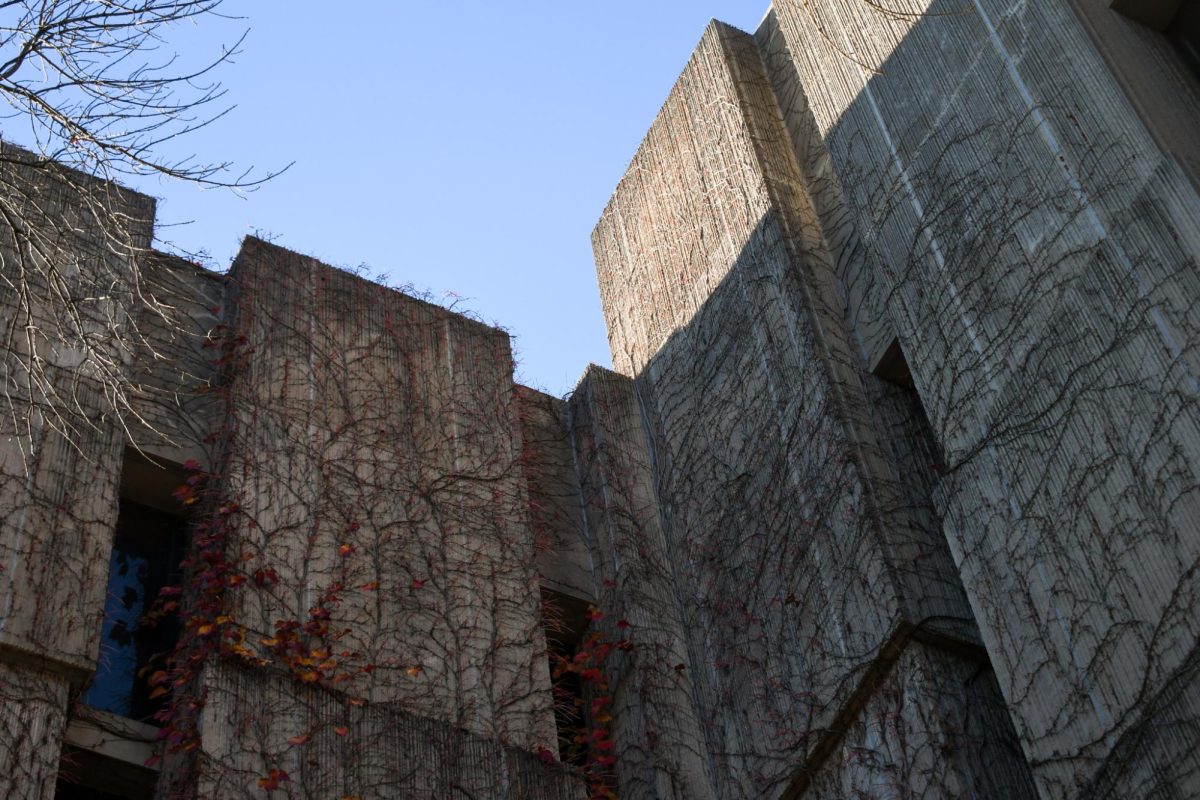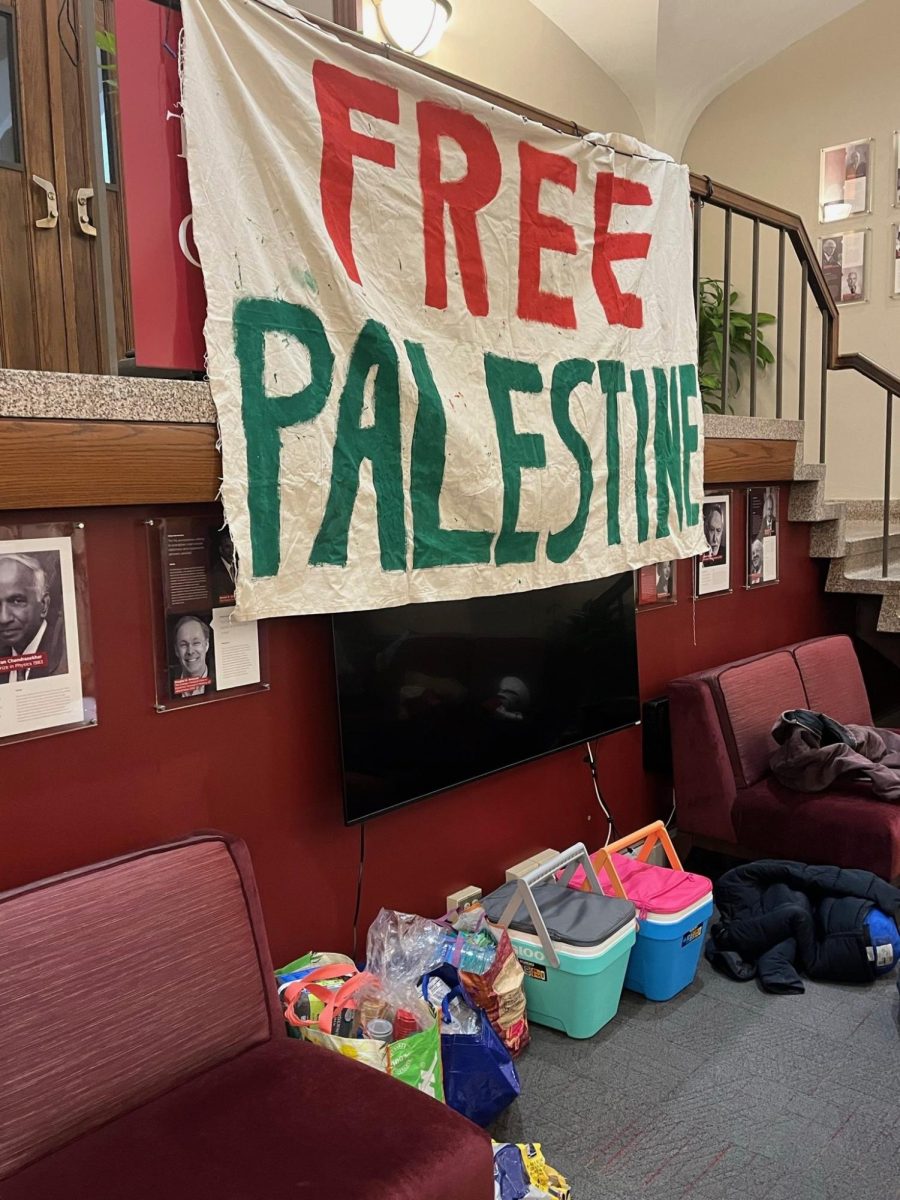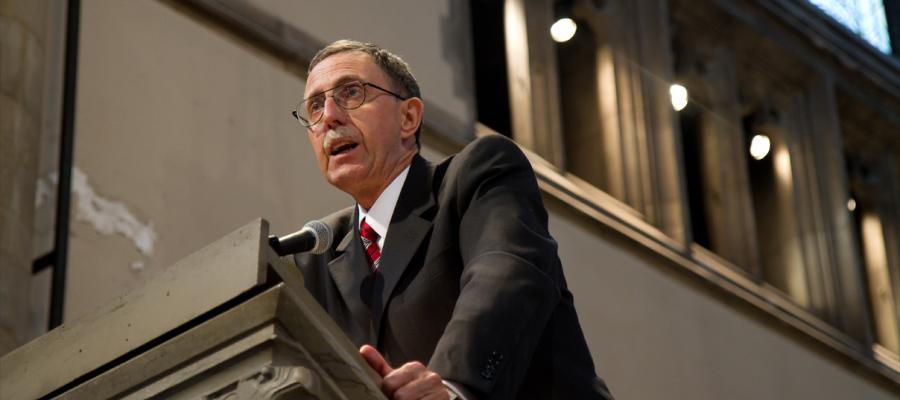Dear Editor,
The Transition Committee is deeply concerned regarding unsubstantiated and misleading claims provided by Vice President Alex Levi in recent coverage of planning for the Student Government (SG) reorganization.
Designing an entirely new government is extremely complicated, so we will do our best to recap the current process. On February 15, the SG Assembly passed the BUILD Act, which authorized a constitutional referendum. That referendum, if approved by a supermajority of students this week during the spring elections, will split SG graduate and undergraduate leadership and authorize a Transition Committee (TC) to facilitate the creation of a new Undergraduate SG (USG).
Let us be very clear: The transition to a new USG will take approximately 17 months; we are committed to transparency and incorporating public feedback throughout. The TC, composed of eight elected representatives and counseled by neutral advisors in the Center for Leadership and Involvement, began its work in late February. We spent a month and a half reviewing thousands of pages of documents from the SG archives, interviewing dozens of SG members, and workshopping pre-draft proposals. After several dozen hours of meetings, we created a first draft proposal for a new basic structure that we sent to every undergraduate-interfacing SG member for feedback. After receiving that feedback, we brought an amended recommendation for the basic structure to College Council (CC) on April 6, which was approved unanimously. We publicized all of our work on the College Council website on April 7 and began advertising on social media the following week.
The TC’s recommendations, even with CC approval, are fluid and incomplete. So that candidates understood the positions for which they were running, we have always maintained the need for an approximate preview of the new USG prior to elections. We have also maintained that our approved recommendations will change based on internal guidance, public feedback, and the benefit of hindsight over the next 15 months. If you have concerns about the proposed USG’s structure, rest assured that you may voice your concerns and affect the implementation of the new structure, while still voting “Yes” on this week’s referendum. None of TC’s work is final, which is why it is disheartening to see a fellow SG member distort the reality of our efforts.
Levi stated that the SG review period was “less than a week” and insinuated that the proposed USG would go into effect imminently without any public comment. To be clear, the formal SG-wide review period occurred over eight days, between March 27 and April 3. No additional feedback was submitted after April 2, indicating an exhaustive review. Additionally, dozens of SG officials––including Levi himself––had access to comment on multiple pre-draft ideas that the Transition Committee was considering, as early as March 1. We also made key changes to our pre-draft, official draft, and final set of initial proposals based on SG feedback. Most importantly, the proposed USG structure is neither complete nor final. We launched a public feedback form on April 7, the day after CC voted in support of the proposal. We have since publicized this feedback process through social media on April 14 and conducted a pre-election webinar on April 19. We also encourage students to attend TC meetings, which will occur every Wednesday from 4:30–6:00 p.m. CT. The public has ample time to comment on the proposed USG structure prior to its earliest possible enactment date on June 21. We plan to hold additional town halls and establish other public feedback mechanisms, as we further our efforts to build the new USG before its late-June enactment. We will continue these mechanisms through the next “transition year.” Ultimately, the proposed structure can and will change through additional public and internal feedback over the coming 15 months.
Levi also stated that “less than 20 percent” of SG provided feedback to the proposal. This is also untrue. There are presently about 70 members on the undergraduate side of SG. About 44––over 60 percent––have significantly engaged with the Transition Committee during the drafting process, either by providing written or verbal feedback, or by voting on TC proposals. Additionally, all SG members had ample opportunity to provide input to the Transition Committee through calls for feedback by members of the Transition Committee, and Levi himself over email, Facebook, and Slack.
Finally, Levi wrote that the Transition Committee is “inherently unrepresentative of SG” because it is composed entirely of CC members. This claim is very misleading. The BUILD Act itself specifies that both the members of the ENGAGE Slate and the future elected Slate are ex officio members of the Transition Committee; two TC members are also Committee Chairs and on the Executive Committee. This also ignores that Slate was offered full voting membership on the Committee at a February 1 meeting, but declined due to their “busy schedules.” President Raven Rainey told Representative Allen Abbott at that meeting, “I’ve only promised to ensure a functioning Student Government until the end of the school year, then it’s not my problem.” Levi himself quipped, “The transition process is like a sandbox for College Council.” Slate agreed with the proposed make-up of the Transition Committee before it was established by the BUILD Act on February 15. Additionally, College Council is the best-positioned body to lead a significant reorganization, as they are the largest fully elected body in SG, hold membership in committees, and also overlap with leadership positions in the Cabinet and Executive Committee. By nature of being representatives, any individual with substantive concerns could have brought them to one of 17 College Council members; this is why the SG legislature has always taken the lead on SG reorganizations throughout our history. Finally, members of the Executive Committee, such as the Community and Government Liaison, attended and participated in nearly every TC meeting throughout March.
We encourage you and every student to vote “Yes” on the spring constitutional referendum and work with us to create the best SG possible over the coming year.
Sincerely,
Student Government Transition Committee
The Transition Committee is a Student Government select committee charged with planning for and facilitating the transition from the current SG to a new Undergraduate Student Government, should the referendum to divide graduate and undergraduate SG pass on April 23. It has the following members: Allen Abbott (Chair), Tyler Okeke, Summer Long, Harry Gardner, Julia Brestovitskiy, John Fuentes, Dinesh Das Gupta, and Kevin Yan.







